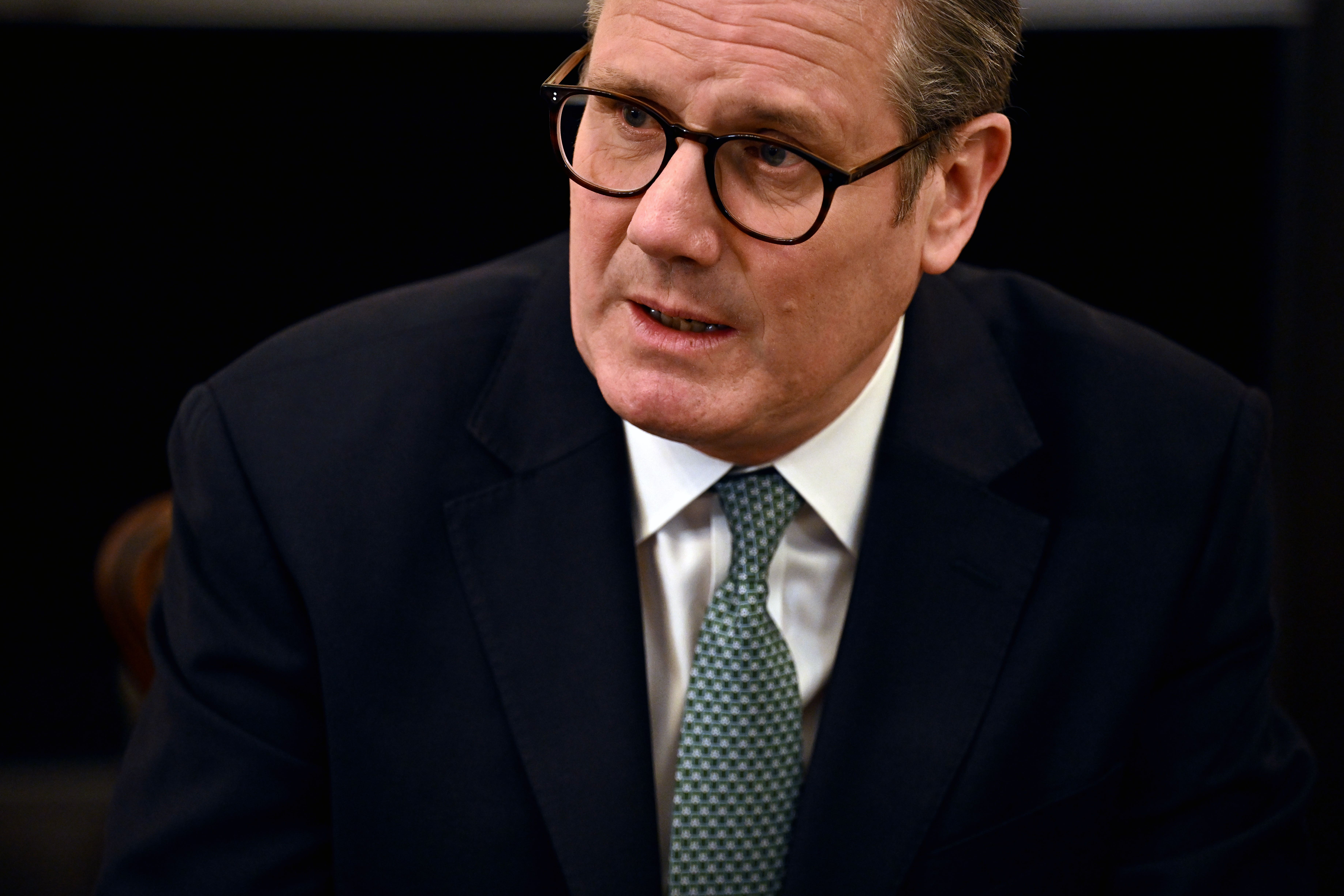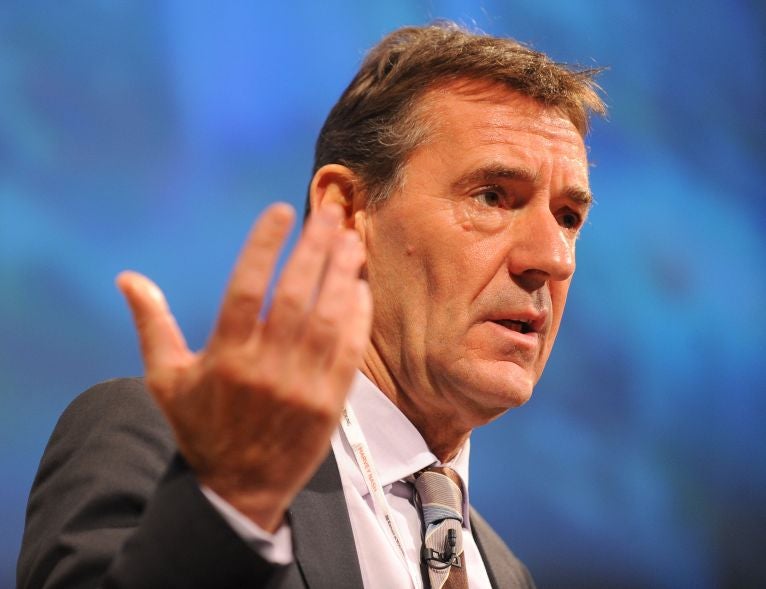Keir Starmer has been warned he must “accelerate” cooperation with other leading economies in the wake of Donald Trump’s tariff wars and that it would be “naïve” to believe the damage is over.
The US president was forced to announce he would delay tariffs above his base rate of 10 per cent, which affects the UK, for 90 days, in the wake of days of market turmoil that sparked a fire sale of US government bonds.
The exception is China, with Mr Trump instead raising his levy on imports to 125 per cent.
Economists warned the prime minister must now look to other allies to stabilise the economy as the events of the past week showed the US was “not a reliable” trade partner.

A former adviser to Rachel Reeves told The Independent there was “some relief” at the president’s U-turn.
But Lord O’Neill, himself a former Treasury minister, said the UK could not isolate itself from the effects of the trade war between the US and China.
He added: “Fifty per cent of all global growth and 55 per cent of all global demand since 2000 has come from (the US and China) alone. So while there is some relief, the idea that the damage is behind us, is kind of naïve.”
He called on the UK to “accelerate... working increasingly closely with key G7 allies”, which make up some of the most advanced economies in the world, to cut tariffs within the group, especially on services instead of goods, where they have an advantage.
He also urged the chancellor to borrow to invest, including on infrastructure, develop greater trade links with China and India and double down on the “Northern Powerhouse” economic project in the north of England in a bid to boost growth.
Alan Johnson, who was trade and industry secretary under Tony Blair, told The Independent he agreed with Lord O’Neill. He added: “It’s America’s war and the damage should be confined to them so far as is possible. If the Yanks insist on making exports to their country more difficult and expensive, their trade partners need to find new markets.”

Former business secretary during the coalition Vince Cable said the UK should “work with EU, especially other G7 and countries in the global South, to liberalise trade but also (have) coordinated action against USA”.
On Thursday, Sir Keir admitted the challenge of tariffs had not gone away, saying the UK was living “in a changing world” and could not just “sit back and hope” but had to “rise to the moment”.
When it came to the economy it had to be treated like defence, he said. “We’ve increased defence spending and why we’ve stepped up across Europe in relation to defence and security,” he said. “We now need to do the same on trade and the economy, which has to be translated into turbocharging our own economy… doing more here in the United Kingdom, but also talking to international leaders.”
But he added that Trump’s tariffs on the UK are not “temporary”.
Jonathan Portes, an economics professor at King’s College London and the former chief economist at the Cabinet Office, agreed with Lord O’Neill both on accelerating co-operation and the need not to be “naïve” about the effects of a China-US trade war.
He added: “But would also add that while we have to continue dealing with the US we have to assume that, under Trump, the US is not a reliable economic trade partner so we should be prioritising the EU reset as well as India, etc. Far better to ‘concede’ something on migration/mobility to India for a deal which actually yielded some real long-term benefits than to give away taxpayers’ money to Meta and Amazon for what? A “deal” with Trump?”
That sentiment was echoed by trade expert David Henig, who told the Independent: “The UK should be one of the countries trying to protect global rules and norms which we benefit from. So we should be a little less desperate for a US trade deal, and rather more open to working with others.”

Earlier, former prime minister Gordon Brown called for an “economic coalition of the willing” to tackle the impact of Mr Trump’s sweeping global tariffs, arguing the UK should go much further in its post-Brexit cooperation with the EU.
Mr Brown, who still has close ties to Sir Keir Starmer, called for world leaders to draw on experiences of the 2008 financial crash, arguing they should offer extended credit to firms, lower interest rates and mobilise both the World Bank and International Monetary Fund to protect poorer countries which could see their industries severely damaged by tariffs, in a piece for the Guardian.
Home secretary Yvette Cooper said ministers would not “keeping a running commentary” on different trade negotiations or the different approaches of other governments.
“What we are doing is just being really steady about this. We have made clear our principles and our approach. We want to see a reduction of trade barriers and we want to negotiate good arrangements that are in the UK’s interests,” she said.
Ministers still hope an economic agreement with Washington can be reached to soften the blow of some of Mr Trump’s tariffs, which also include a 25 per cent charge on cars and others on steel and aluminium.
Chancellor Rachel Reeves will seek to negotiate with the US when she visits Washington at the end of April for the International Monetary Fund’s spring meeting of global finance ministers.
She has also said a UK-EU summit on May 19 would be a chance “to refresh our relationship and make it easier for businesses to trade”.
Trump plans to fix showerheads and dishwashers so everything gets more clean
Four House Democrats join Republicans to pass SAVE Act
Trump signs executive order targeting weak showerheads: Live updates
House passes budget framework in tense vote after Johnson wins over conservatives
Ex-Premier League star’s son unveiled as Reform candidate
Tariffs live: EU pauses counter-tariffs on US for 90 days but warns Trump over deal







